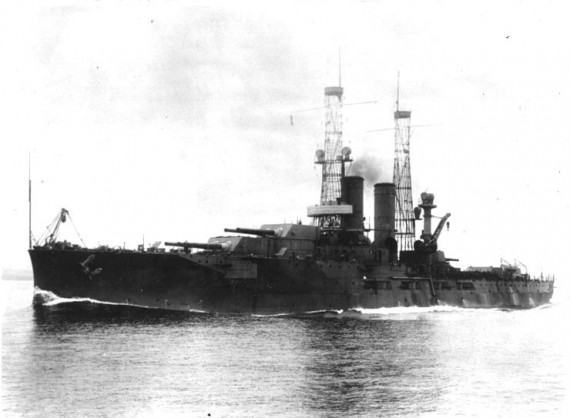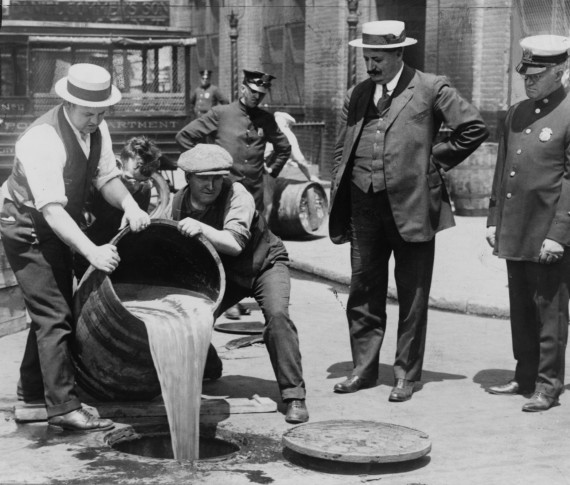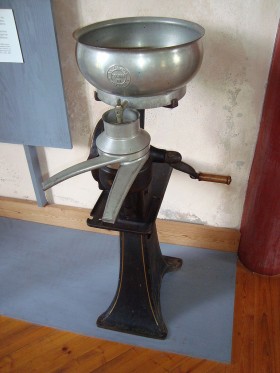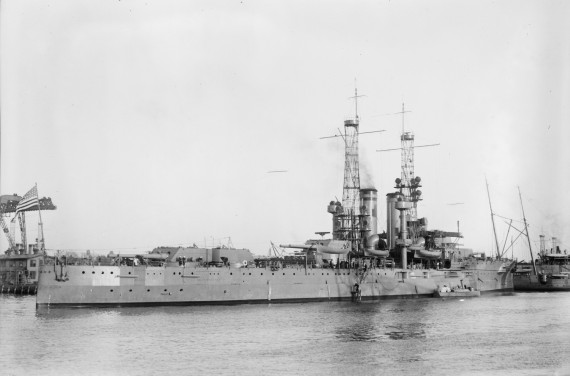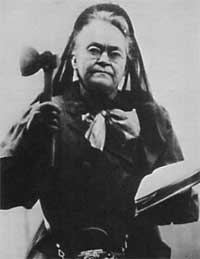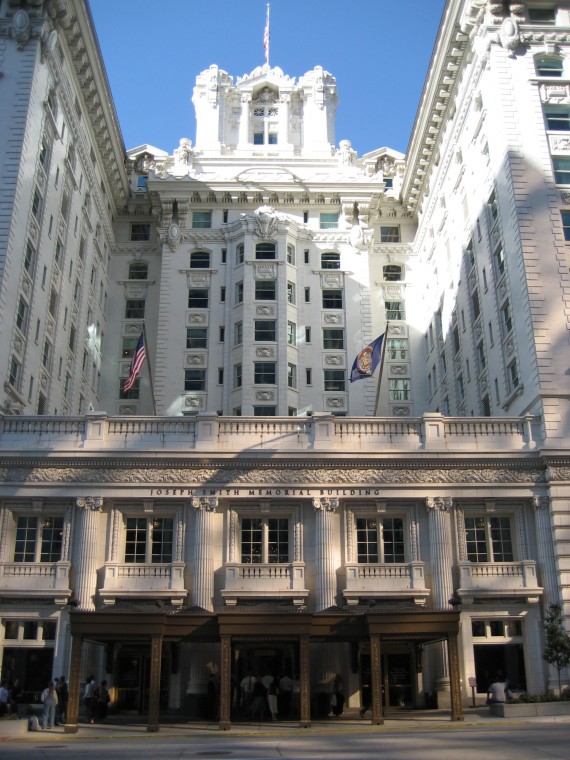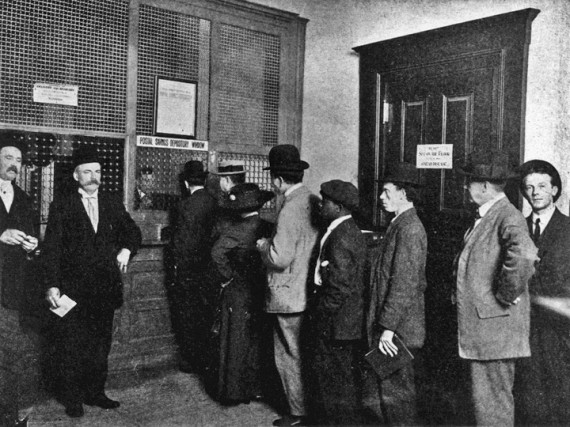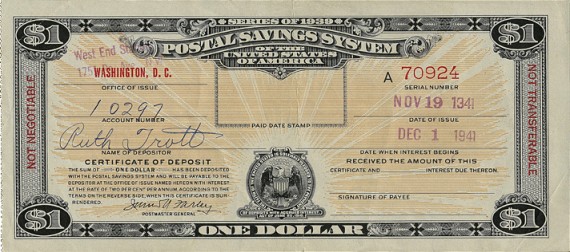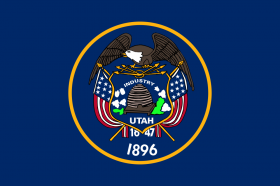The following was adapted from the Improvement Era magazine of December 1911.
Exile
The November 1911 Improvement Era reported that a minister named P. Aslev, under an old and obsolete law, succeeded in banishing four missionaries from Sweden. The cause of their banishment is that they are Americans with no visible means of support, and that they preach “Mormonism.”
The December 1911 Improvement Era followed up the story by writing that the exile “has roused the liberal press of Sweden to sharp opposition. They see in it danger to religious liberty.”
Here is a characteristic selection from [the newspaper] Arbetarbladet, Gefle, September 23, 1911:
It is which and t’other with religious freedom here in the land. This is shown, in part, by the recent exile of the “Mormon” missionaries. It was believed that this action was taken because of the agitation carried on by the missionaries in encouraging emigration to Utah, but this seems not to be the case. The exile, according to the testimony of the actors themselves, is meant as a direct blow at the “Mormon” propaganda as such.
We have therefore to deal with blows against religious freedom itself, and against this and like things the liberal press must turn with all energy. It isn’t a question here as to whether one favors or disfavors the “Mormons.” We may just as well say that we consider this so-called religion especially distasteful, if not infinitely worse than Waldenstromism* and other spiritual epidemics.
But the question at issue is the right to religious freedom, even for those who may happen to be imbued with the teachings of Joseph Smith. It is a question also of opposing the officers who have taken upon themselves the task to carry into effect the driving of the “Mormons” from the land, for these same authorities may at another time turn themselves against the members of other religious organizations.
If the fight against “Mormonism” really is so necessary as it has been taken for granted, then it must at least be definitely demanded that it shall be carried on by legal means. The adoption of an unprejudiced and honorable educational campaign is the only method that can be unqualifiedly recommended.
But this educational campaign must not be handled or directed by the official coterie of religious intolerants in this our land, for in such case it will be immediately subject to question. It is just because of this situation that one can scarcely rejoice over the anti-“Mormon” propaganda which is at present developing in Sweden, through the efforts of the imported American pastor Aslev. It has always been considered a questionable tactic to drive out the devil with Beelzebub.
[P. E. Aslev was called to a pastorate in the Swedish state church in 1911 to counteract Mormon propaganda. Aslev had served as a pastor in Utah and had written a report suggesting that the Swedish government banish all Mormon missionaries.
*Dr. P. Waldenstrom, professor of theology, editor, and member of the Swedish Parliament, created consternation in religious circles by declaring that the death of Christ was no atonement, no vicarious suffering, but simply the death of a martyr.]
USS Utah
The Battleship “Utah,” turned over to the government by the builders, the New York Ship-building Company, on August 30, was placed in commission at the Philadelphia Navy yard on August 31, with Captain W. S. Benson in command. It joined the Atlantic fleet soon as supplies were put on board. “Utah” is the fifth of the all-big-gun type to be launched, is 551 feet long, and has a displacement of 21,825 tons. It developed 21.63 knots on the speed test. It has ten 12-inch guns mounted in five turrets.
The silver service for the ship, provided largely by the children of the state, was on display at Leyson’s in Salt Lake City until the middle of October, and there was no objection by the Navy Department to receiving it. On Monday, November 6, the service was formally presented on board the vessel by Governor William Spry, at the Brooklyn Navy Yard. There were some five hundred Utah people present, including the Tabernacle choir of two hundred voices. Captain Benson, in accepting the service said: “We appreciate the honor shown us by the people of Utah, and we hope they will feel as proud of our ship as we are of this silver service. The service represents the state of Utah, and we mean to defend to our utmost the honor and good name of that state.” The choir sang “The Star Spangled Banner,” and “Utah we Love Thee.”
[Details of the amounts collected for the silver service were reported in the August 1911 Improvement Era. An official first state flag for Utah, was given to the Battleship Utah, as reported in the April 1911 Improvement Era. Follow the link for additional details about the USS Utah.]
Elections
The City Elections in Utah were held Nov. 7, under the new nonpartisan law. The result was quite satisfactory, the new law being generally pronounced good. In Salt Lake City, a non-partisan Commission, with Samuel C. Park, as mayor, was elected, and the “American” party domination was overthrown by a substantial vote, which ranged from 4,146 majority for Park over Bransford, the “American” candidate, to 6,459 majority for W. H. Shearman, non-partizan candidate for Auditor, over Kimball, the “American” candidate. The motto of the non-partizan candidates is “Peace, progress and reform,” which, being greatly needed, let us hope we may get.
[In 1911, a State law changed the form of government for cities of the First and Second Class in Utah from the old Council form to the Commission form of government. This form of government was again reversed in 1981. The American Party, also known as the Anti-Mormon Party, was formed in Utah in 1904 to counter the influence of the LDS Church. The party performed disappointingly in the 1911 elections and was disbanded that same year.]
Adapted from: “Passing Events”, Improvement Era, Vol. XV. December, 1911. No. 2.

